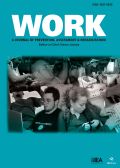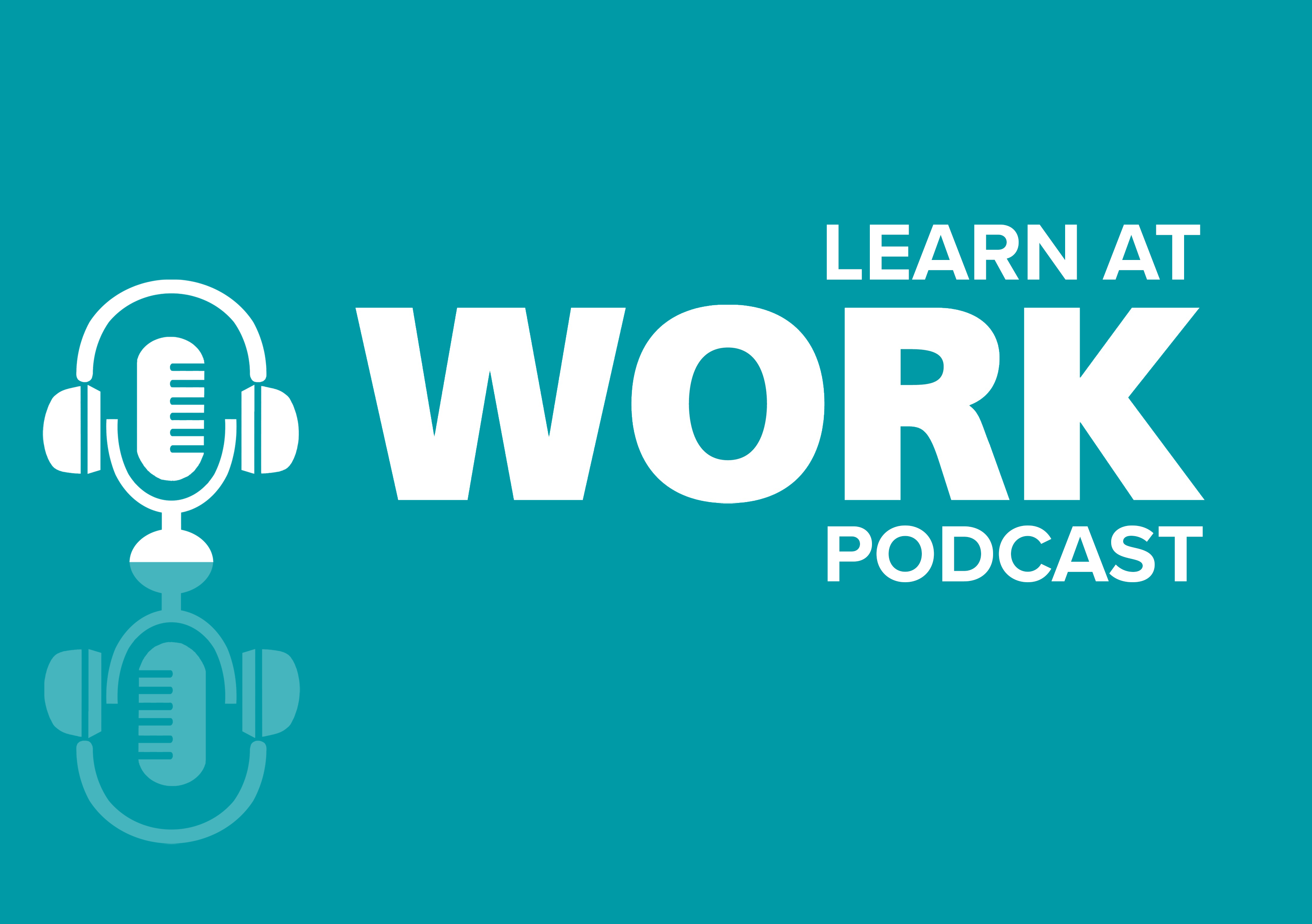Authors: Salmani Nodooshan, H. | Rastipisheh, P. | Yadegarfar, G. | Daneshmandi, H. | Alighanbari, N. | Taheri, S.
Article Type:
Research Article
Abstract:
BACKGROUND: Psychosocial stress at work is an important issue among hospital attendants. OBJECTIVE: This study aimed to examine psychosocial stressors in the work environment and assess their impacts on WMSD symptoms among hospital attendants in Shiraz, southern Iran. METHODS: This cross-sectional study was conducted on 198 hospital attendants from Shiraz. The study data were collected using a basic demographic questionnaire, Nordic Musculoskeletal Questionnaire (NMQ), the Persian version of Effort-Reward Imbalance Questionnaire (F-ERIQ), and an individual risk assessment (Evaluación del Riesgo Individual [ERIN]). The data were entered into SPSS version 16 and analyzed using Mann-Whitney U, Chi-square,
…and Spearman’s correlation tests. RESULTS: The prevalence of WMSD symptoms was 29.8% in the lower back, 25.3% in knees, and 20.7% in ankles/feet. Posture analysis by the ERIN technique demonstrated that 95.5% of the postures were high risk for WMSDs. F-ERIQ identified that 83.4% of the hospital attendants belonged to the “1 < ER-ratio” category. Besides, the “effort” subscale of the F-ERIQ was significantly associated with reporting of MSD symptoms in the neck, shoulders, wrists/hands, and lower back. In addition, a significant correlation was observed between effort (r = 0.367, p = 0.028), esteem (r = –0.273, p = 0.041), security (r = –0.253, p = 0.045), and over-commitment (r = 0.301, p = 0.019) and the total score of the ERIN technique. CONCLUSION: Intervention programs and coping strategies for reduction of work-related stress and, subsequently, prevention of WMSD symptoms are recommended among hospital attendants.
Show more
Keywords: Effort, posture, workload, reward, healthcare
DOI: 10.3233/WOR-203297
Citation: Work,
vol. 67, no. 2, pp. 477-486, 2020
Price: EUR 27.50






